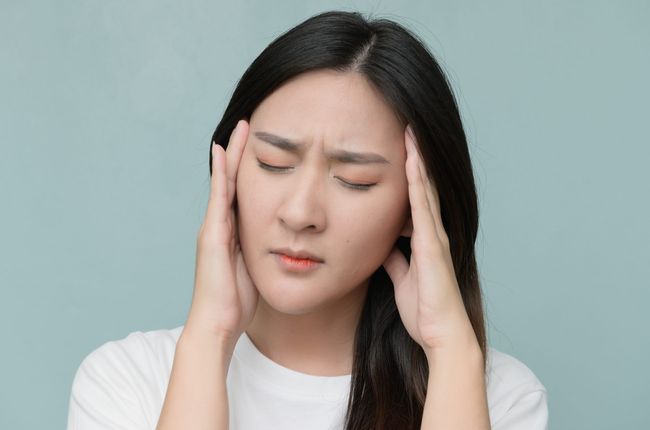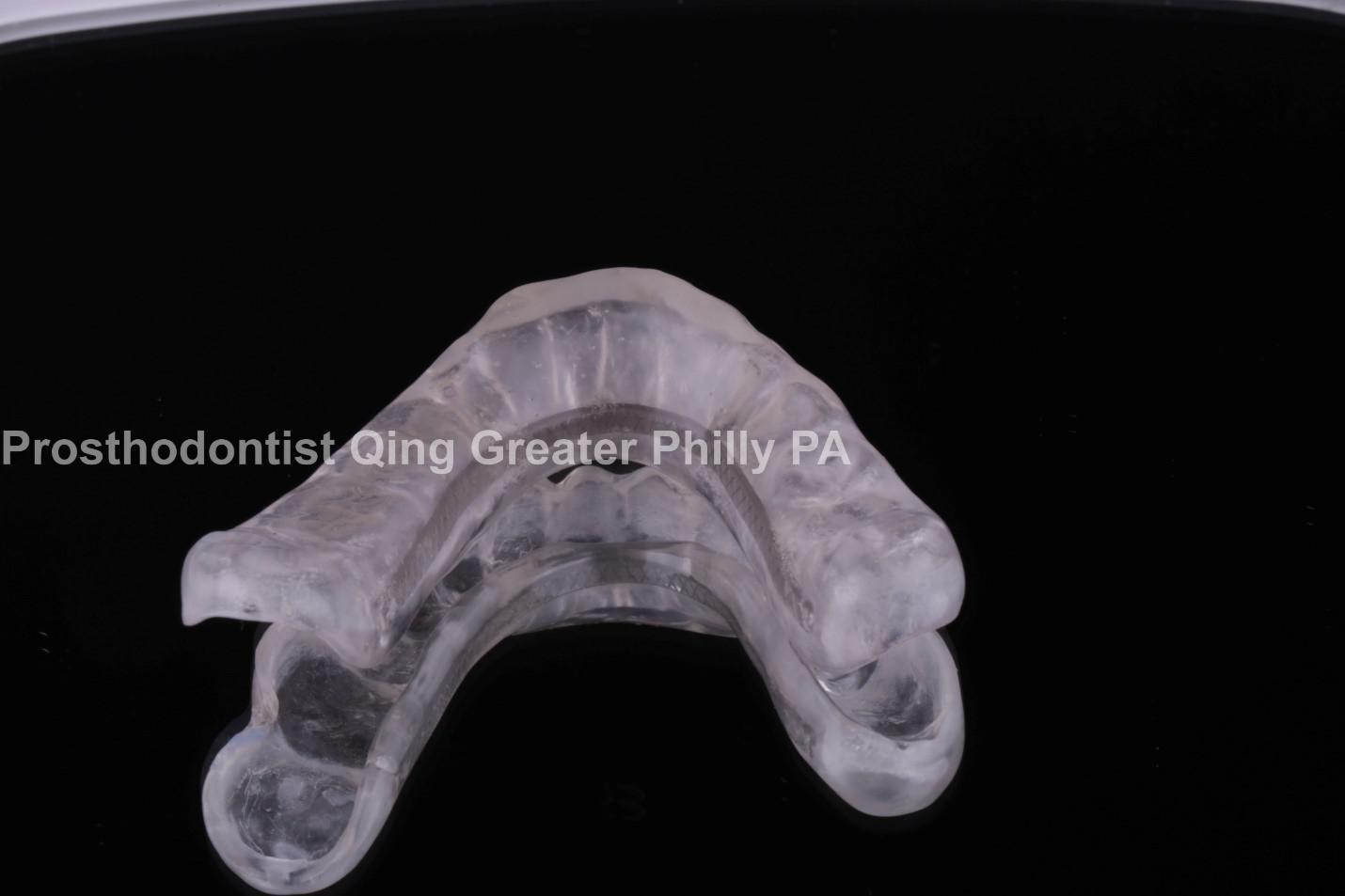
TMD (temporomandibular disorder or TMJ disorder) and facial pain have multiple symptoms, including facial pain, difficulty of opening mouth, joint clicking, difficulty with chewing food, etc. TMD affects up to 15% of adults and significantly affects patients’ quality of life.
At Bucks Dental Health and Esthetics, multiple specialists work as a team to offer interdisciplinary treatment for TMD and facial pain.
Hai Qing, DMD, has extensive experience treating TMD from the point of occlusion, including bite adjustment, TMD emergency treatment, full-mouth occlusal rehabilitation, occlusal biting plate etc.
Chizobam Idahosa, DDS is a specialist in oral medicine. She has extensive experience treating TMD/facial pain using a medical model and a conservative approach from an oral medicine point of view.
The etiology of TMD/facial pain can be multifactorial from local TMJ issues and neurological issues, including but not limited to:
Treatment of TMD/facial pain depends on the diagnosis or findings of intraoral and extraoral examination and patients’ medical history. Treatment includes non-invasive or conservative therapies which are usually used at first-line treatment, including patient education, cognitive behavior therapy, pharmacotherapy (nonsteroidal anti-inflammatory drugs, muscle relaxants, antidepressant, and anxiolytic medications), physical therapy, and occlusal therapy. Surgical interventions are reserved after a trial of conservative therapy fails to improve the symptoms in patients with moderate to severe pain with significant effect on their quality of life.
The following image shows the occlusal device designed by Dr. Qing to successfully treat a patient’s TMD due to disc derangement disorders.

MON Closed
TUE 8:00 am - 5:00 pm
WED 9:00 am - 5:00 pm
THU 8:00 am - 5:00 pm
FRI 9:00 am - 6:00 pm
SAT By appointments only.
SUN Closed